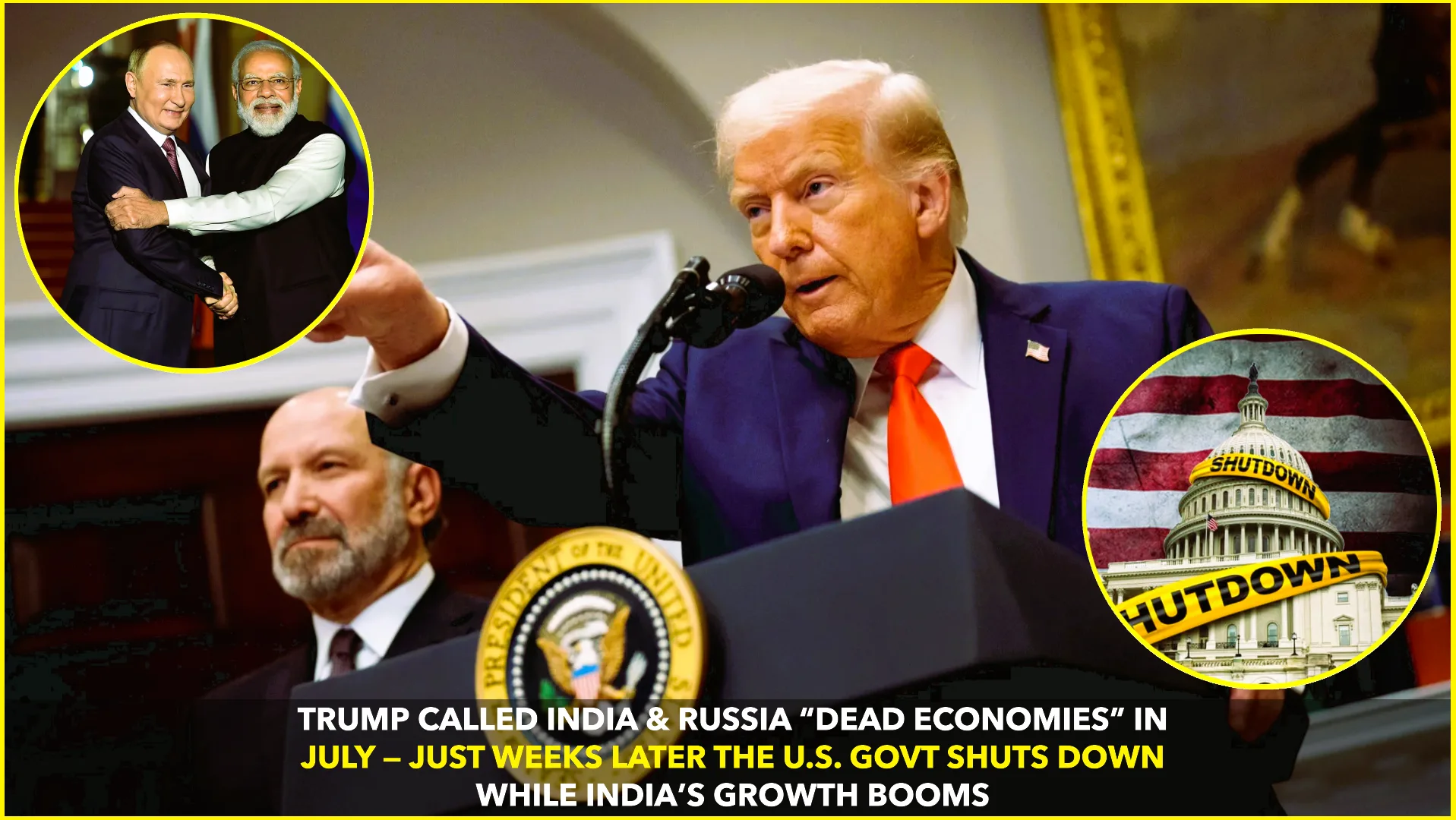Washington, August 19, 2025 — The U.S. State Department has temporarily suspended the issuance of visitor visas to residents of Gaza, including those seeking medical treatment, citing a “full and thorough review” of its procedures. The move, prompted by online criticism from activist Laura Loomer, has ignited fierce debate between humanitarian concerns and national security.
The decision, announced on August 16, states that all visitor visas for Gaza will be halted while officials reassess how a “small number” of medical-humanitarian visas were approved recently PoliticoThe Washington PostABC News.
This announcement followed a wave of social media posts by far-right commentator Laura Loomer, who shared videos of Gazan children arriving in U.S. cities like San Francisco and Houston for treatment. Loomer described the visas as a “national security threat” and accused State Department officials of enabling an “Islamic invasion.” She tagged senior government figures—expressing satisfaction when the administration responded with the visa pause Vanity FairThe Daily BeastAl Jazeera.
On CBS’s “Face the Nation,” Secretary of State Marco Rubio said congressional offices had raised concerns about the program. He suggested that some organizations involved in securing the visas may have ties to terrorist groups like Hamas—though he offered no evidentiary support AP NewsAnadolu Ajansı.
Humanitarian Groups Sound Alarm
The program most impacted is run by HEAL Palestine and other NGOs that bring critically injured Gazan children to the U.S. for treatment unavailable in their home region. These trips are temporary: children and accompanying family members return upon completion of care.
HEAL Palestine shared that 148 people—including 63 children—have been assisted this year alone. The Palestine Children’s Relief Fund and the Council on American-Islamic Relations (CAIR) criticized the halt as “dangerous” and “inhumane,” warning that denying access to lifesaving medical care punishes the most vulnerable victims of war ReutersThe GuardianAl Jazeera.
KQED quoted CAIR’s Bay Area director Zahra Billoo, denouncing the move as “outlandish beyond belief,” particularly given the rigorous vetting these children and families already undergo—including approval by both Israeli and U.S. authorities KQED.
Balancing Aid with Security
From the State Department’s perspective, visa decisions are always national security decisions. The pause affords time to re-evaluate screening protocols amid claims—albeit unverified—of possible extremist links PoliticoFox NewsWikipedia.
This action reflects a broader tightening of U.S. visa policy earlier in 2025. In April, Rubio directed an enhanced social media vetting for visa applicants with links to Gaza, and in June, a proclamation limited visas for certain nationalities over security concerns WikipediaYahoo NewsAnadolu Ajansı.
Political Dynamics at Play
Critics argue the shift was less about procedure and more about political pressure. Loomer, who enjoys influence within Trump circles, quickly took credit for the suspension. This follows past instances where her posts led to swift policy shifts—even resulting in high-level official exits Vanity FairThe Daily BeastThe Guardian.
The controversy raises questions about the role of social media in shaping policy—especially when lives hang in the balance.
What Happens Next?
The State Department has not yet set a timeline for lifting the visa pause. Humanitarian groups are calling for urgent reinstatement of medical visas on compassionate grounds.
Meanwhile, families with children in need of treatment face uncertainty. Delays could mean missed opportunities for critical surgeries—underscoring how geopolitics and security reviews collide with human suffering in crisis zones.










